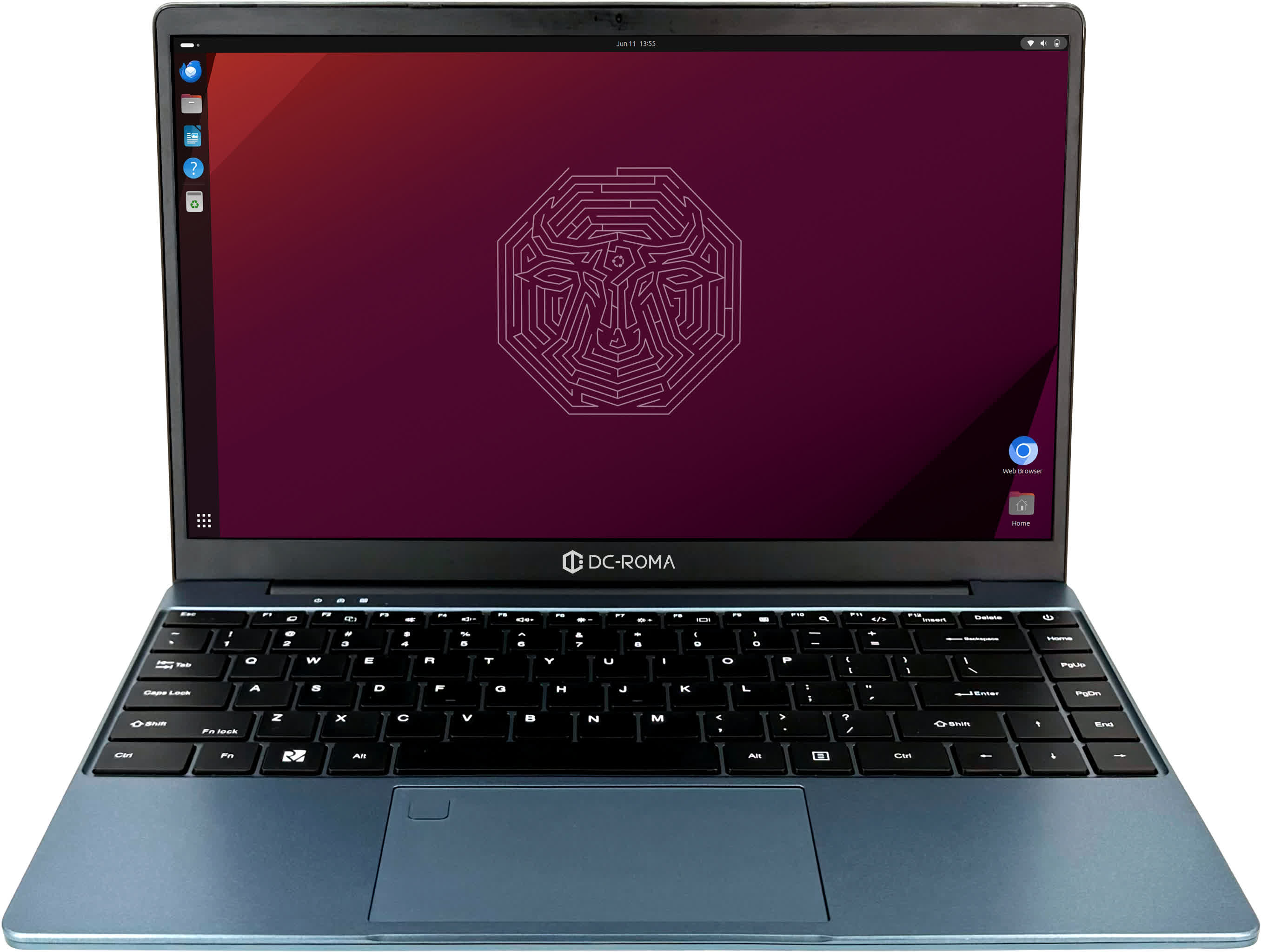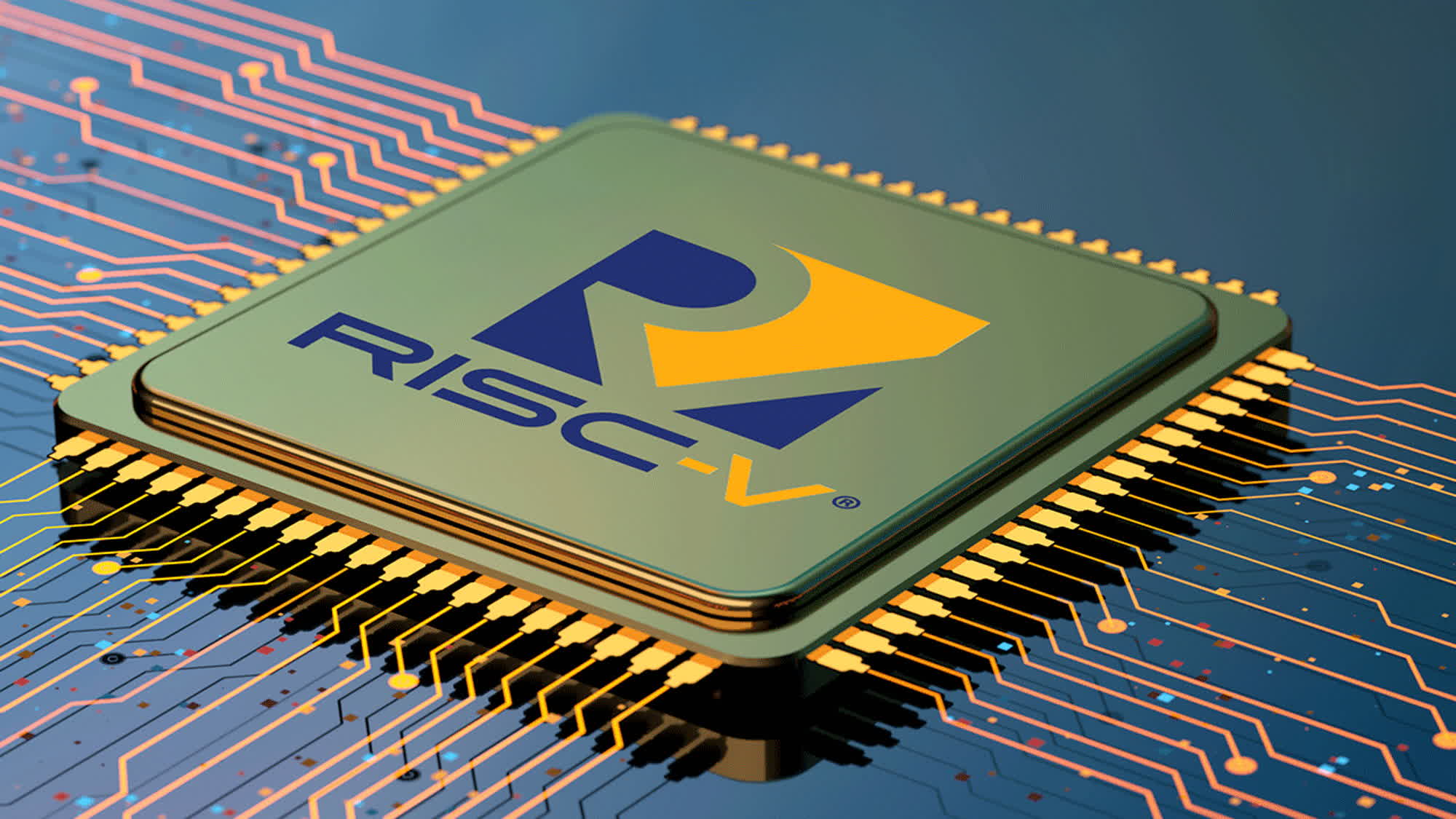Forward-looking: Despite some setbacks and general uncertainty about the future, the RISC-V instruction set architecture (ISA) is slowly growing its presence in the open-source market. Now, there's a new RISC-V laptop based on Ubuntu, one of the most used Linux operating systems.
Hong Kong manufacturer DeepComputing introduced a laptop built around the RISC-V ISA. The DC-Roma RISC-V Laptop II expands the hardware capabilities offered by the previous generation and is touted as the world's first RISC-V laptop capable of running the Ubuntu Linux operating system.
The DC-Roma RISC-V Laptop II system uses the K1 SoC developed by Chinese company SpacemiT, while the previous "Roma" model used a JH7110 SoC created by StarFive. The K1 architecture includes eight 64-bit RISC-V CPU cores running at up to 2 GHz, good enough to deliver "enhanced performance" and energy efficiency.
The new RISC-V laptop specs include up to 16 GB of LPDDR4X RAM, a 1 TB SSD, a 1080p display, Wi-Fi, and Bluetooth 5.2 connectivity. Total battery life is estimated to be 8 hours, and its 8-pin interface for add-in cards is designed to provide developers with an easier way to compile and test their code.

The Roma will ship with Ubuntu desktop 23.10 pre-installed, which DeepComputing claims offers a more stable and efficient working environment in one of the most well-known user interfaces in the Linux world. The laptop's chassis is a "full-metal" design that should increase heat dissipation and robustness against external (mechanical) stress.
Preorders open for the DC-Roma "2.0" in three days. However, DeepComputing has not provided pricing specifics. Ubuntu and the Hong Kong manufacturer boast about the new laptop's features and "powerful AI capabilities." DeepComputing claims the K1 is the first SoC in the world to support RISC-V high-performance computing RVA 22 Profile RVV 1.0 with a 256-bit width.
Canonical said RISC-V is becoming a competitive ISA in "multiple markets." Porting Ubuntu to RISC-V would make it the reference platform for early adopters and developers. Despite winning approval from some high-profile chipmakers, RISC-V still has much to prove against competing ISA technologies such as Arm or x86. The DC-Roma RISC-V Laptop II could be an intriguing (hopefully inexpensive) introduction to open-source ISA for Linux-based developers.
